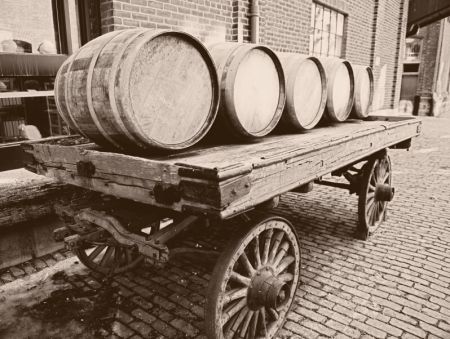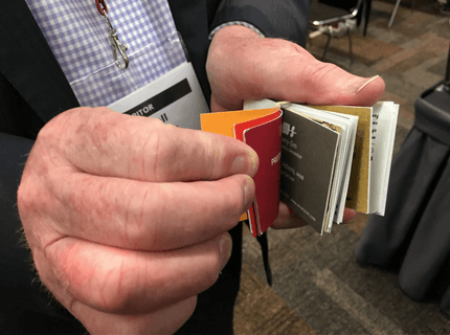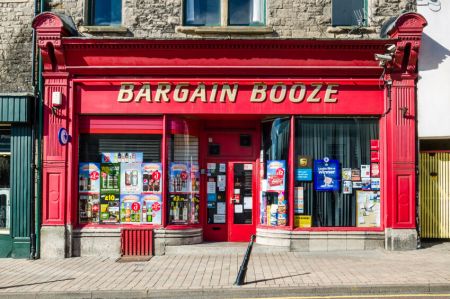Sommeliers Choice Awards 2025 Winners
Who Is The Most Important Person In Your Supply Chain?
BTN writes about the most important person in your supply chain and explains the role of that person. Its not the winemaker or brewmaster.
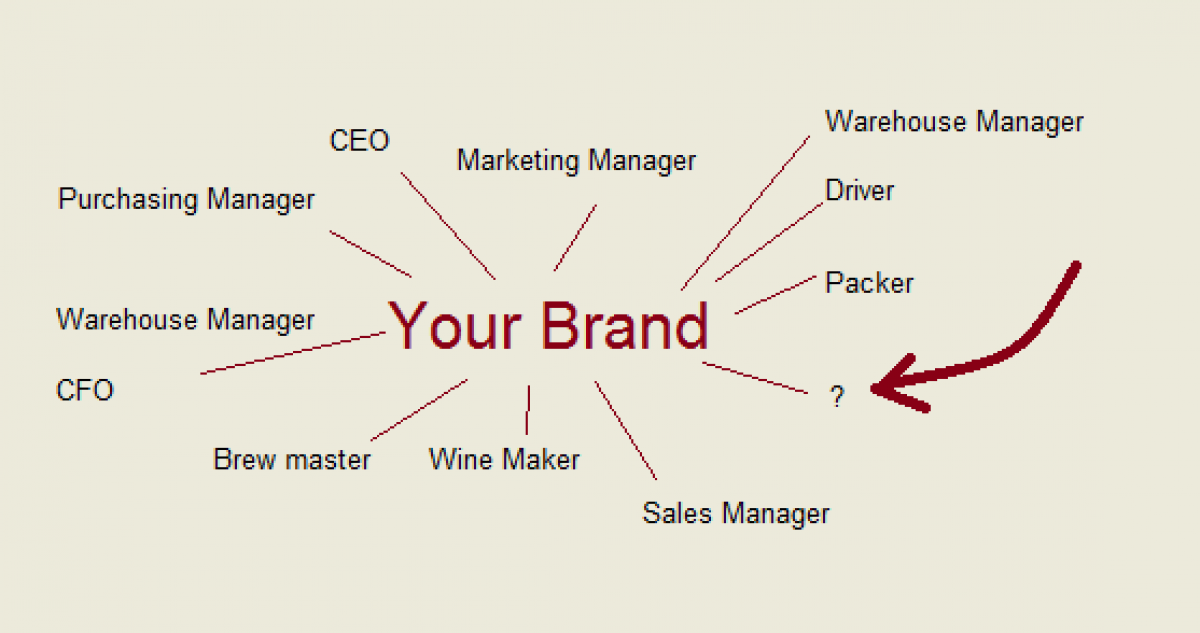
It is your sales rep. Or your distributor's sales rep (The US Distribution Model is 3 Tier). Basically, the person pitching your brand to the retailer.
Why is the sales representative selling your brand the most important person you have in your sales and supply chain?
In a process format --
1. A Wine Maker, Brewer or an Entrepreneur has an idea of the product they are going to make. They put all their passion and energies in to making this product.
2. The Export Manager / Business Development Manager or Sales Manager work very hard to try and obtain importers or distributors for their brands.
3. The product comes to the distributor's warehouse and then the sales reps get briefed about it in their 'Friday meeting’.
4. The Sales Rep takes the new beer sample from the cooler or the sample bottle of that new wine or spirit or beverage and puts the bottle in his/her car and starts the Monday morning route
Let’s pause here and consider a few factors --
a) What is the state of your sample bottle picked -- is it a damaged product, the wrong vintage, not the Chardonnay versus the Shiraz that got 90+ in that wine brand?
b) Does the sales rep care about you or your company?
c) Do they have good POS or Sell Sheets to take with them?
Here comes the most important 'Pitch' for your brand in the "real" market where perception becomes reality
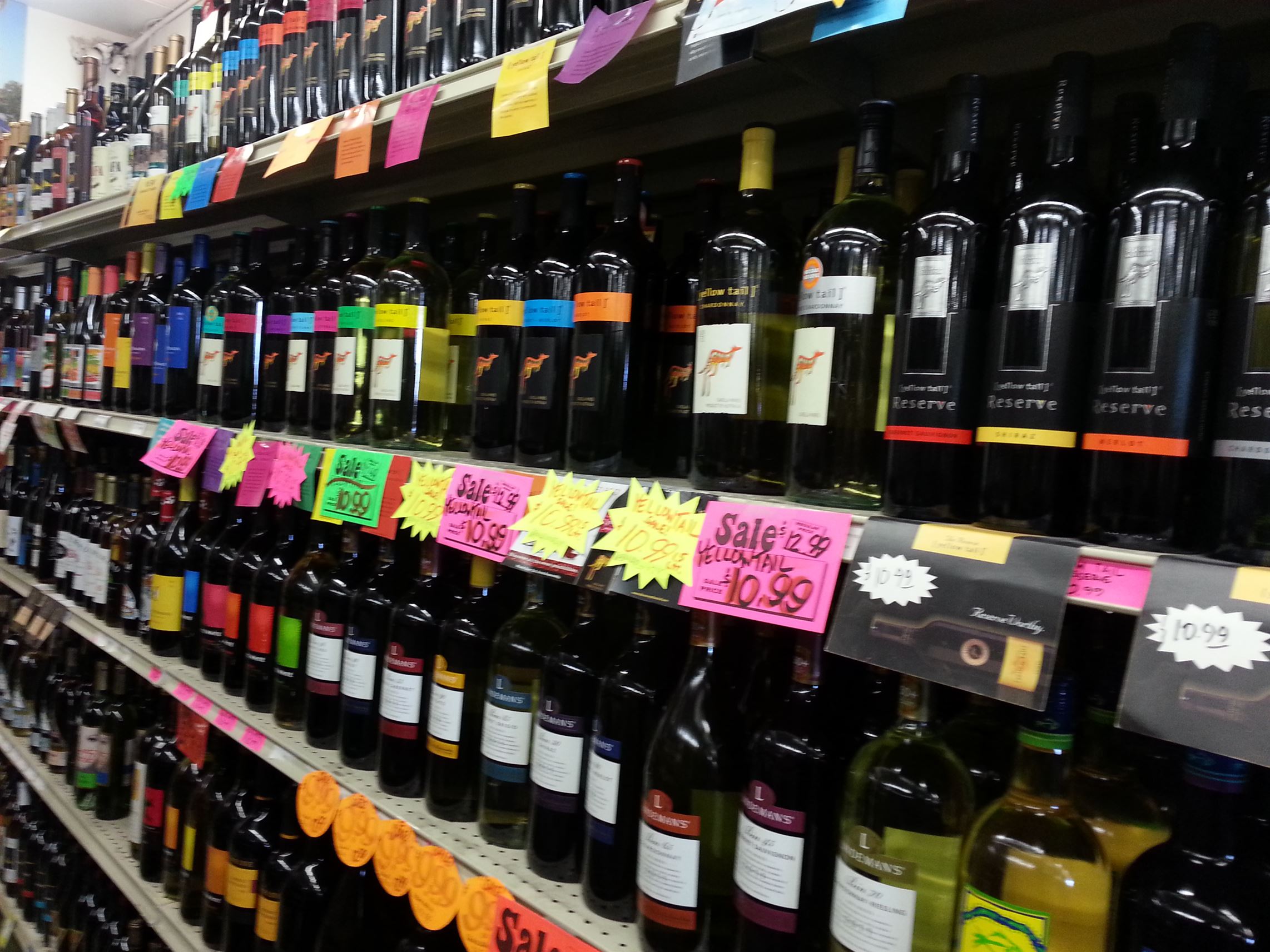
Wine Rep Is Also Your Merchandiser Most Of The Time
When a Sales Rep introduces your brand to his / her account, your brand gets 5-20 minutes to make it happen. 90% of what happens next depends on the relationship that the Sales Rep has with their account.
An Account will give your brand a try based on the Sales Rep more than your brand. If your brand does not have enough 'self' selling points like Packaging, Score, Price, Something Different, chances are the brand is then fully dependent on the Sales Rep. If it a price winner then it is a different story. If it is the best package then the brand is doing the selling.
Thus in this space of 5-20 minutes when the rep is showing your brand to his / her account, your brand can either make it into the account or never be in that account (most of the times this is what happens).
Conclusion: People make brands (and your sales rep is just as important as your wine maker or brew master especially for a start up or boutique winery/brewery/distillery).
Definition of a Beverage / Wine/ Spirit Sales Rep (for this article) - The Representative who is selling your beverage products to a Retail Customer (Liquor Store or Restaurant). As a salesman, it is the rep’s job to sell wine, beer or spirits to retailers (liquor retailers, bars, cafes, restaurants etc). With a printed portfolio of beer, spirits, wines and a sample bag of new products the rep will meet the decision maker and attempt to sell some of your brands.
Those customers who already purchased your brands are encouraged to buy an increased volume and supplement their stock. Each rep has a sales area for which they are responsible, this area might be geographical (e.g. Northern suburbs or certain streets) or a list of accounts dotted all over the place.
Some reps specialize in on-premise customers only (on-premise refers to venues that sell products which are consumed at the place of purchase like a restaurant); others in off-premise accounts only (i.e. retail), while others might simply look after certain groups of customers (e.g. retailers under the same banner or a hotel chain). For the most part a rep will have a mix of on and off premise customers. Reps generally work to a monthly sales budget, whether based on total sales, total gross profit or the percentage of gross profit made on sales.
During the course of the month they will (or should) receive updates on how sales are progressing and how they are performing compared to the budget. A rep that regularly exceeds the budget should be pushing for bonuses and extra pay, while a rep that regularly fails to meet the budget should be worried about the future of his employment.
Given the number of customers a rep must visit (a sales area can range from 50 customers for key account managers to 200 + customers for off-premise reps), each rep will – or should – have a well planned call cycle that ensures they visit all their customers in a regular fashion.
A call cycle is broken into weeks, is usually a 4 week or 8 week call cycle (to try and match with the weeks of the month), so a customer will know to expect that rep, for example, on the second Tuesday of each month. This ensures the rep sees all his customers on the days they are available, and helps them plan their weeks thoroughly.
References Used: The Wine Rep Australia
Not a BTN Member yet?
Get BTN Premium membership and have full access to articles and webinars on BTN + other benefits like:
Full Access to BTN Consultants
Full Access to Buying Leads
Post Unlimited Brands
Full Access to all Articles and Webinars
Full Access to BTN Live conferences presentations and speaker sessions
Discounted rates to exhibit at major partner events and conferences
And Much More...
Your BTN membership will reduce your trial and error time: Why experiment with your branding and distribution when you can fast-track your time to success? Get 'How to do it' content which will help you improve your sales and grow your distribution. Just one article can help you make better decisions and improve your distribution strategy. Try it








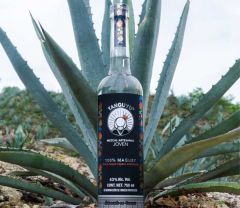


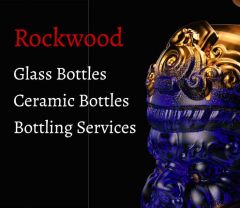


.jpg)





